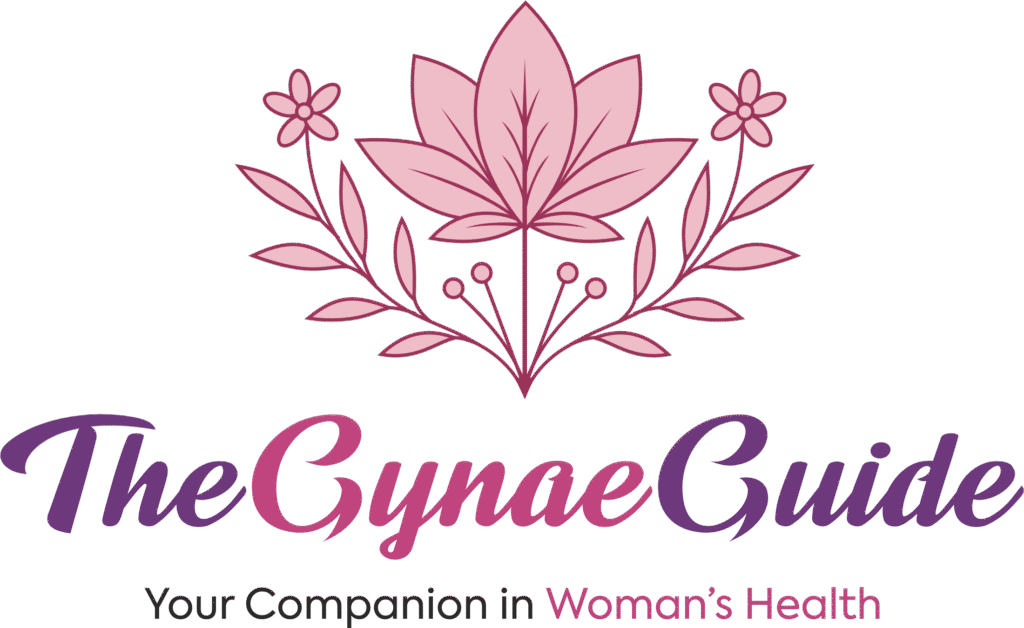Vaccinations aren’t just for infants. As your child grows into adolescence, one of the most important ways to protect their long-term health is through the HPV vaccination. Short for Human Papillomavirus, HPV is a common virus that can lead to serious health issues, including cervical cancer, genital warts, and other cancers affecting the mouth, throat, anus, and reproductive organs.
In this article, we’ll explain why teens should get the HPV vaccine, when it’s best to receive it, and how this one step can prevent multiple health risks in the future.
What Is HPV and Why Is It a Concern?
HPV (Human Papillomavirus) is one of the most common sexually transmitted infections worldwide. In fact, nearly 8 out of 10 people will get it at some point in their lives. While many HPV infections go away on their own, some strains can linger and cause serious conditions, especially in females.
The biggest concern? Cervical cancer. According to WHO, HPV types 16 and 18 cause over 70% of cervical cancer cases.
Why Is HPV Vaccination Important for Teens?
1. Prevention Starts Early
The HPV vaccine is most effective when given before exposure to the virus. That’s why it’s recommended for teens aged 9 to 14, ideally before they become sexually active. It works best if administered before any potential HPV contact, offering nearly 100% protection against the most dangerous types. Related Read: Talking to Teens About Sexual Health Education
2. Protects Against Multiple Cancers
While cervical cancer is the most well-known risk, the vaccine also protects against:
- Vaginal and vulvar cancer
- Anal cancer
- Throat and mouth cancer
- Penile cancer in males
HPV vaccination benefits boys too, it’s not just for girls.
3. Boosts Teen Health and Confidence
Getting vaccinated provides teens with peace of mind and sets the foundation for a healthier adult life. It’s an empowering decision that shows care for their long-term well-being.
When Should Teens Get the HPV Vaccine?
Health experts recommend:
- Ages 9–14: Two doses, 6 to 12 months apart
- Ages 15 and above (or those with weaker immune systems): Three doses over 6 months
Early vaccination builds stronger immunity and reduces the need for additional doses later. Explore more on Puberty Changes – What’s Normal, What’s Not
Is the HPV Vaccine Safe?
Absolutely. The HPV vaccine has been studied for over 15 years and is approved by global health bodies including the WHO, CDC, and India’s Ministry of Health. Reported side effects are mostly mild, like pain at the injection site, low-grade fever, or dizziness, and go away quickly.
Millions of teens worldwide have received the vaccine safely. Stay updated with women’s health facts, follow The Gynae Guide on Instagram
Common Myths About HPV Vaccination
Let’s bust a few HPV myths:
“It encourages early sexual activity”
Truth: Studies show no link between vaccination and increased sexual activity.
“My teen isn’t at risk”
Truth: HPV is extremely common, even a single partner can transmit it.
“Only girls need it”
Truth: HPV affects all genders. Boys benefit from the vaccine too. Learn more: Fertility Myths Debunked
What Can Parents Do?
- Start the conversation early. Use simple, age-appropriate language.
- Consult your paediatrician or gynaecologist about the right vaccination schedule.
- Make it normal, just like other vaccines.
Want to talk to your teen but unsure where to start? Check out our post on Teen Sexual Health Education for tips.
Beyond Protection: Raising Awareness in India
India has one of the highest rates of cervical cancer globally. Yet, HPV vaccine awareness remains low. With the government now pushing for greater availability and affordability, you can be part of the change by educating others in your community.
Stay connected with us on Facebook for ongoing updates on HPV campaigns in India.
Final Thoughts
The HPV vaccination is one of the simplest and most powerful steps you can take to protect your teen’s future health. It’s safe, effective, and provides long-term protection against multiple cancers. Whether you’re a parent, guardian, or teen reading this, now is the time to act.
Learn more about how to empower your child through every stage, from first periods to long-term wellness, and explore all our expert-backed resources at The Gynae Guide.
FAQs About HPV Vaccination
Q: Is the HPV vaccine mandatory?
No, but it’s highly recommended by doctors for teens and preteens.
Q: Can teens still get the vaccine after becoming sexually active?
Yes, but the protection might be lower. It’s best to vaccinate early.
Q: Do boys need the HPV vaccine too?
Yes, boys can get HPV and related cancers. The vaccine protects them equally.

